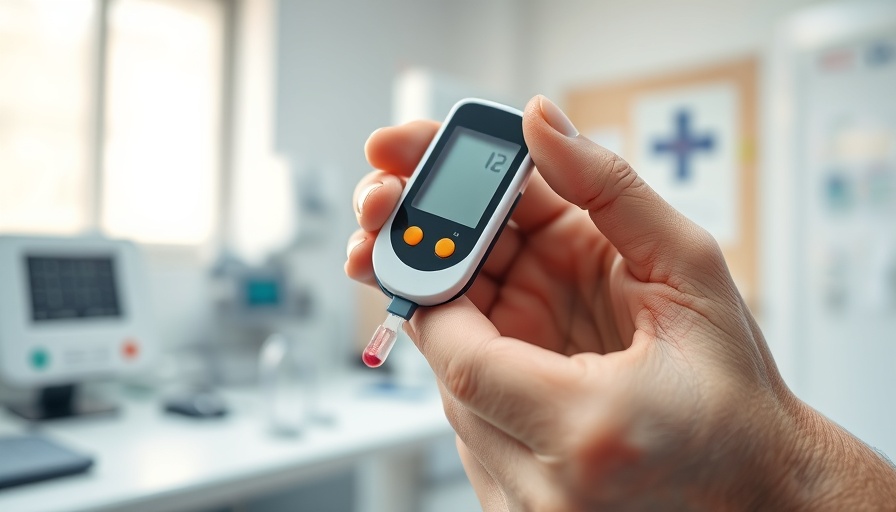
Understanding the Link Between Thyroid Dysfunction and Diabetes Risk in Women
A recent study has highlighted a significant link between thyroid dysfunction and an increased risk of hyperglycemia and diabetes in women aged 20 to 49. This alarming connection not only underscores the importance of monitoring thyroid health but also brings attention to the broader implications for women’s health, particularly in managing and preventing diabetes.
The Role of Thyroid Hormones
Thyroid hormones play a crucial role in regulating various metabolic processes in the body, including glucose metabolism. When the thyroid gland is underactive (hypothyroidism) or overactive (hyperthyroidism), it can disrupt insulin sensitivity and glucose processing, leading to elevated blood sugar levels. The study further emphasizes the need for vigilant screening, especially among younger women, who may overlook their thyroid health amidst busy lifestyles.
Statistics Behind the Study
According to the research, women with thyroid dysfunction had notably higher levels of fasting blood glucose and were at a greater risk of developing type 2 diabetes compared to their counterparts with normal thyroid function. This discovery aligns with previous findings that indicate a 30% increase in diabetes risk among individuals with thyroid issues. Such statistics highlight the necessity for healthcare providers to consider thyroid health as a potential risk factor during diabetes screenings.
Common Misconceptions About Thyroid Health
One prevailing misconception is that thyroid problems mostly affect older women. However, the recent findings challenge this notion by showing that younger women are equally at risk. The hormonal changes associated with pregnancy, postpartum conditions, and even lifestyle factors can contribute to thyroid dysfunction in this age group. As such, proactive measures, including regular health check-ups and awareness of symptoms, are essential.
Emotional and Human Impact
The impact of thyroid dysfunction on women's health extends beyond physical symptoms. Many women report feelings of frustration, anxiety, and isolation as they navigate hormonal imbalances and the potential for chronic diseases like diabetes. Understanding these emotional nuances is critical for healthcare providers, recommending not only treatment but support networks where women can share their experiences and seek help.
Actionable Insights for Women
For women in the 20-49 age bracket, taking steps towards maintaining thyroid health can also serve as a preventive measure for diabetes. Regular screenings, a well-balanced diet, and physical activity can enhance both thyroid function and overall metabolic health. Women should advocate for their health by discussing thyroid function with their healthcare providers during routine visits.
Future Predictions and Insights
As medical research continues to evolve, there may be breakthroughs that further explore the intricate relationship between thyroid hormones and glucose metabolism. Ongoing studies could lead to improved screening recommendations and tailored diabetic preventive strategies for women affected by thyroid disorders.
In conclusion, the intersection of thyroid dysfunction and diabetes risk is a critical area of women's health that demands attention. By gaining a deeper understanding of these conditions and their implications, women can make informed decisions about their health. Proactive engagement with healthcare providers can significantly mitigate risks and improve quality of life.
 Add Row
Add Row  Add
Add 




Write A Comment